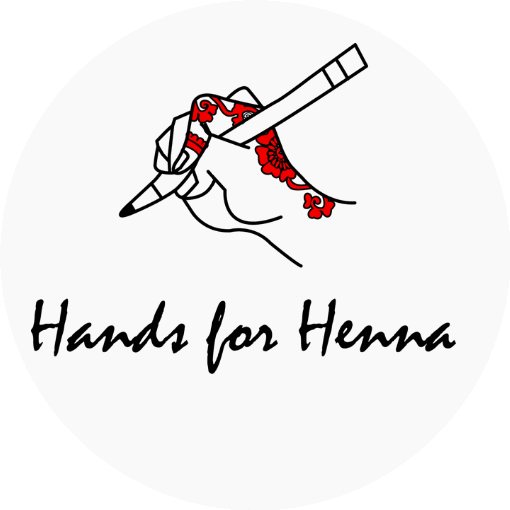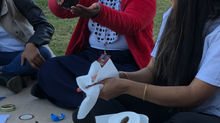"I can make a huge difference by just being myself.”
- Fajr Ahmad
- Oct 11, 2018
- 3 min read
A refugee is defined as someone forced to leave their home due to war, violence, or disaster. Huda is one brave young refugee woman who made her way to the United States and flourished here with the help of the government and organizations such as American Muslim Women’s Association (AMWA), RISE, and Hands for Henna.
As someone who got to know her personally last year, I can say that she is one of the most resilient, inspiring, and hardworking people I have ever met. Having lived in the United States for a few years now, Huda is a fifteen year old Kenyan whose parents are from Ethiopia. She currently attends Westbrook High School as a freshman in Mesa, Arizona.
Amal Altaf, Vice President of Hands for Henna, and I met up with Huda at the AMWA office for an interview to gain some insights into how she’s been doing with the transition to America, her personal thoughts about her life back in Kenya, and the importance of education for young girls.
We asked Huda about her experiences with education. Though she claimed she was fortunate enough to attend school in Kenya, she told us that money was the most significant obstacle to getting a good education. She replied that in Kenya, education was considered important, but “it was hard to find a job, let alone pay for school,” so paying for tuition, school supplies, and uniforms was a barrier for countless students. She explained that education was not as comprehensive as it is in the United States and recounted to us the harsh conditions back home: “If I was late, I would get hit or have to clean the whole school.” However, Huda claims that “here, I am actually excited to wake up and go to school,” telling us that “when we make a mistake or something here, the punishment is not getting hit or anything as severe as it was back in Kenya.” The availability of more accessible education has relieved stress off the shoulders of her parents, who worked hard to try to keep their children in school back in Kenya. Now they are able to focus on other important things, such as providing food and clothes, and paying bills. For Huda, education is a way to make her life better and to grow as a human being, and she is a strong advocate for education for all girls.
When asked about RISE and whether the mentorship she received through Arizona nonprofits is important, Huda smiled, “I couldn’t think about my life without RISE and AMWA.” She confidently told us that the mentorship that she has received in Arizona has helped her to find equal opportunities and confidence in her future. She fondly recounted a memory of a woman by the name of Asma with an organization called MOVE, and how she introduced her and her sisters to similar nonprofits and volunteering. Huda feels indebted to Asma for everything she has done for Huda’s family and education.
“The way people think of refugees now is that we are here to ruin their lives and get things from them for free, but, in reality, we come here to escape the violence and hardships in our own country,” Huda says. “Fake news spreads negative perceptions; even in Ethiopia, my dad was hated because of his race and shot,” Huda commented. She recounted many abhorrent, tragic experiences of violence in Kenya as a result of this hate, which eventually caused her family to seek refuge. However, she also emphasized the closeness of her community back in Kenya due to the understanding that people have of each other’s situations. Her landlady, for instance, let her family stay in the house even after their stay had been fulfilled so they would have time to find a new place and gather themselves. Just like Huda mentioned about her community back in Kenya, we at Hands for Henna also believe it is vital for people to understand one another and seek peace in similarities. Only through understanding can we raise awareness, and consequently create a positive impact. Huda sighs when she tells us that hate is never the answer, “we’re all human.”
As for her future, Huda is uncertain of exactly what she wishes to do. Though she finds herself drawn to debate and law, she wants to be an “educator or inspirer who travels around the world to help others,” because she realizes how fortunate she is to have teachers, mentors, and inspirational people in her life and wishes to pass it on. Beautifully, she stated, “I can make a huge difference by just being myself.”
Huda serves as an elegant reminder to us that amongst so many hardships, there is still positivity and the opportunity to rise. Through providing mentorship and resources, organizations such as RISE, AMWA, and Hands for Henna have supported Huda as she hopes to one day--just like us-- educate, elevate, and empower.











































Comments